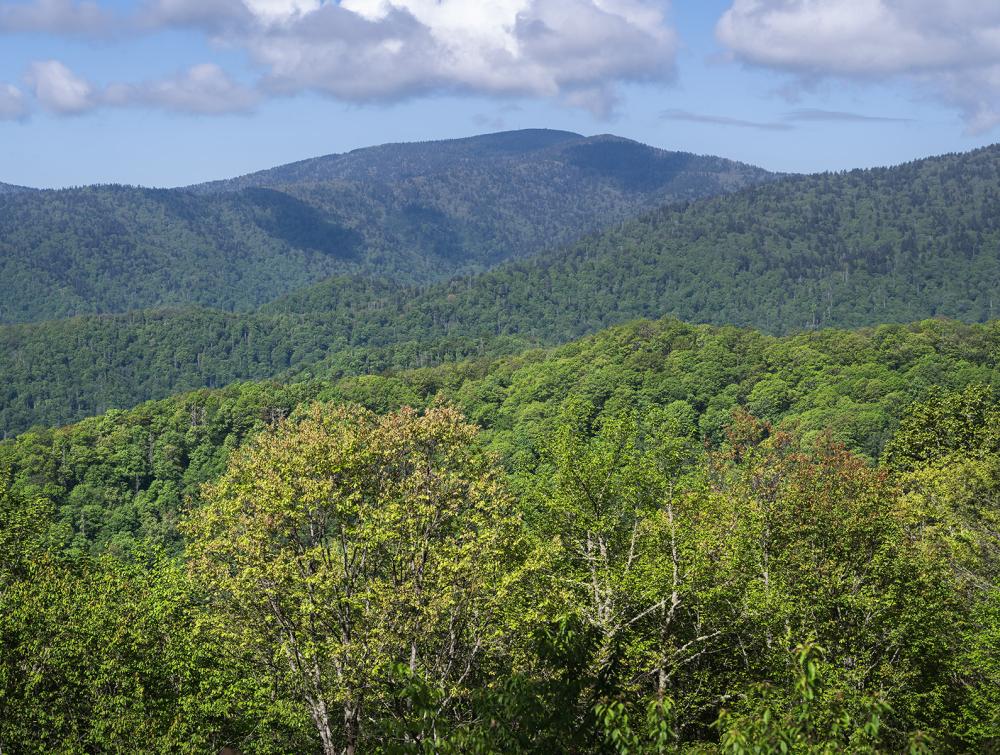Press Release
Offensive, Hurtful Names of Natural Landmarks Have No Place on Public Lands

Kuwohi means "mulberry place" in Cherokee
Mason Cummings
Advisory committee would make public spaces more inclusive, welcoming to all people
Ensuring that the names of mountains, rivers and other geographic features do not offend those who spend time in nature creates inclusive, welcoming spaces.
That is why The Wilderness Society applauds the re-introduction of the Reconciliation in Place Names Act. This legislation, led by Sen. Elizabeth Warren and Rep. Al Green, would re-establish and make permanent a committee to proactively address the thousands of harmful, bigoted and racist place names scattered across public lands in this country.
The Trump administration axed this advisory committee, which was established by former Department of Interior Secretary Deb Haaland, a member of the Laguna Pueblo and the country’s first Native American cabinet secretary. Through the committee’s work, they identified offensive place names in every state, including 102 geological features in California, 95 in Oregon, 86 in Oklahoma and 65 in Texas to top the list. Allowing these names to persist on public lands perpetuates an oppressive history of colonization.
Kimberly Smith, a citizen of the Eastern Band of Cherokee, community conservation specialist at The Wilderness Society, and appointee of the now terminated federal Advisory Committee on Reconciliation in Place Names, made the following statement:
“We spend time with our families and kids on public lands, and yet, some of these names are so offensive, they would be considered a curse or profanity if spoken out loud. Not only should we replace offensive and racist names of natural features, but we should also restore their Indigenous names, which were removed to sever Indigenous people from the lands that they have stewarded since time immemorial.”
The Wilderness Society advocates for robust community input in the renaming process and the restoration of Indigenous names whenever possible and desired by Tribal Nations.
Join the movement
to save our wildlands
